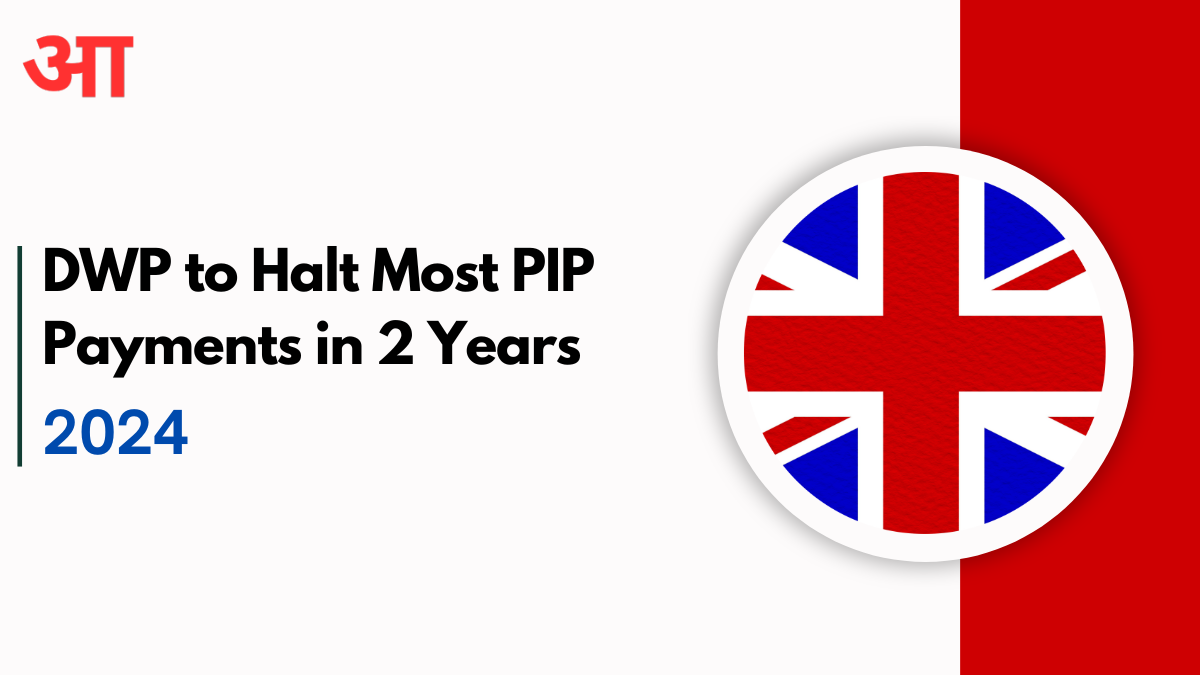Lately, many people have been getting short-term help. When this help ends, they need to apply again to keep getting support. The Department for Work and Pensions (DWP) has been telling people who get Personal Independence Payment (PIP) about possible changes and how important it is to tell them if their condition changes.
Contents
DWP to Halt Most PIP Payments in 2 Years
The DWP wants to cut down the cost of PIP and is considering making big changes. These changes might mean that instead of getting money, people would get vouchers to buy equipment and treatment. The Conservatives have suggested these changes, and people have until 22 July to give their opinions.
What the Labour Government Thinks
The suggestions mentioned will be considered by the new Labour Government, which is headed by Sir Keir Starmer. There is no clear statement from Labour about how they will handle PIP, but they aim to assist more individuals with disabilities and health issues in finding employment.
Additionally, Labour has expressed its intention to allow disabled individuals to commence work without the immediate concern of losing their benefits if the job doesn’t prove suitable.
Current PIP Help
Right now, short-term PIP help lasts between nine months and two years. When this help ends, the payments stop unless a new claim is made. This is a very important point because this is when the proposed vouchers might be given instead of money.
New PIP Payments Within 2 Years
A Green Paper on PIP reform is asking for ideas on what extra costs disabled people have any new scheme should cover that.
PIP Awards Statistics
According to the latest reports from the DWP, as of the quarter ending April 30, 2024:
- Short-term awards (up to two years): 79%
- Long-term awards (more than two years): 12%
- Ongoing awards: 8%
Short-term awards are typically presented in cases where an individual’s health is expected to improve or if the individual is seriously ill.
Who Gets PIP?
In England, Wales, and Scotland, over 3.5 million individuals receive Personal Independence Payment (PIP). PIP eligibility is not determined by one’s financial status, making it accessible to anyone. The Department for Work and Pensions (DWP) reports that only 14% of PIP recipients are employed, with the majority relying on benefits for their livelihood.
Replacing PIP Payments
The DWP has listed the top five reasons why people claim PIP. People are warned that they could go to prison for up to eight months if they don’t tell the DWP about changes in their condition. The DWP decides what kind of help and review periods to give based on each person’s needs and how likely those needs are to change.
Conclusion
The suggested changes aim to cut costs and improve the support system. However, these changes could greatly affect new claims and reviews when help ends. The Institute for Fiscal Studies thinks any cuts to PIP will probably focus on new claims and reviews when help ends rather than reassessing all existing claims quickly. In Scotland, PIP is being replaced by a new benefit called Adult Disability Payment.
Click the link to know more.

Mahesh Sen, a seasoned student advisor, writes informative articles on educational topics. Mahesh gives valuable insights and practical advice to guide students through their academic challenges and milestones.
